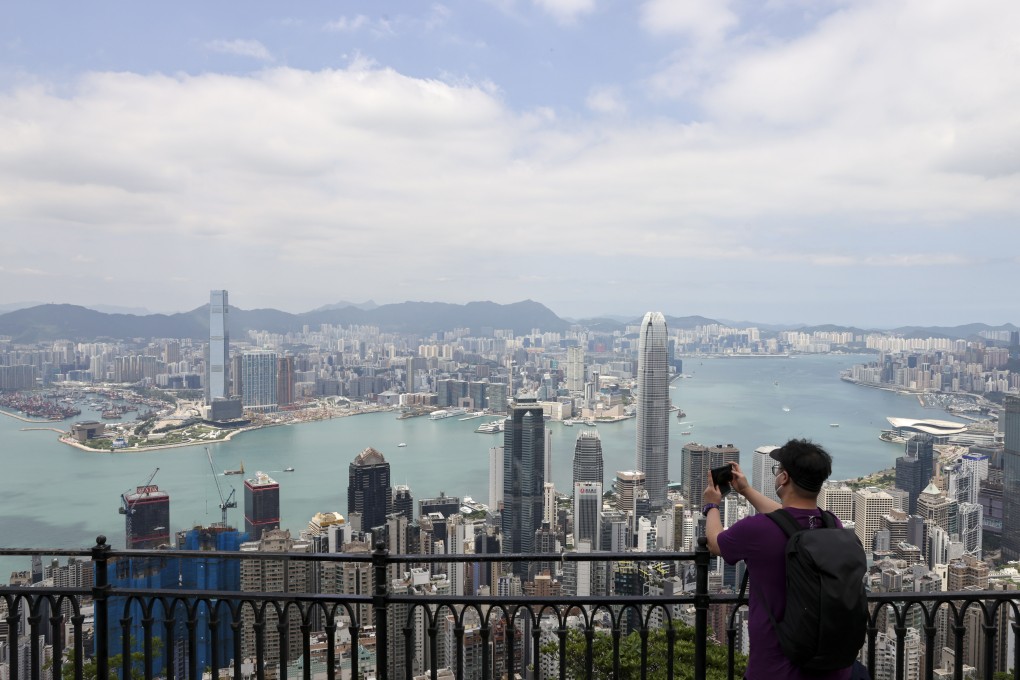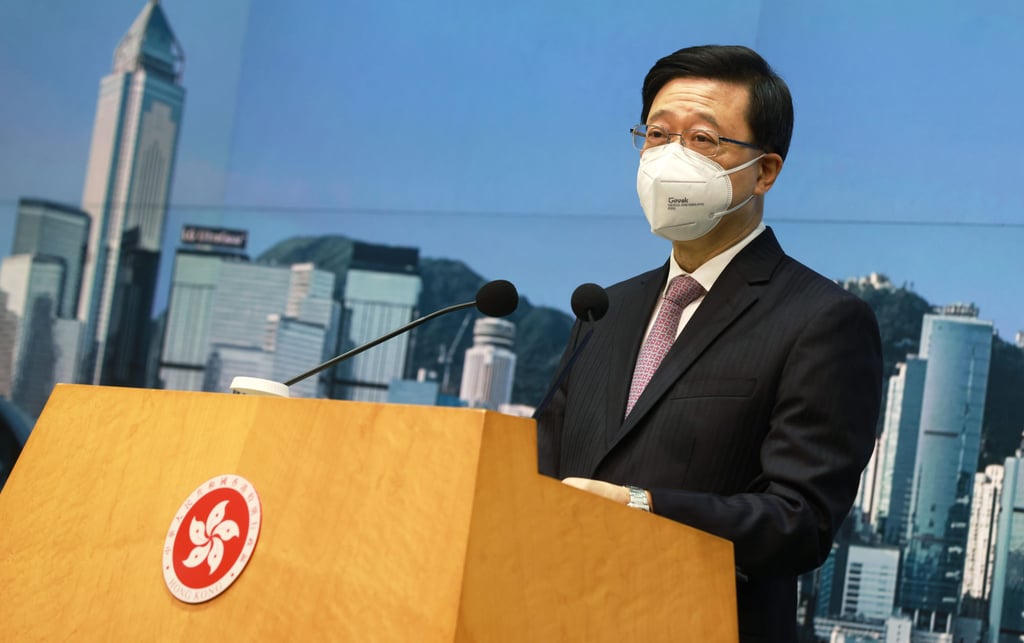Hong Kong wants university graduates from top institutions, but does it want westerners, or Asians?
- Proposal, to be unveiled in policy address, would allow graduates from world-renowned universities to stay in city for 18 months to seek work
- But not all stakeholders agree on who should qualify, which universities should be included or if the visa alone will be enough to attract talent

David Zheng*, a researcher from mainland China, has said he enjoys working as a post-doctoral fellow at one of the universities in Hong Kong, but he is concerned that the impending expiration of his working visa could put a stop to that.
“I will need to talk to my boss about extending it for one year. If I cannot get an extension, I will need to return to the university in my hometown,” he said.
“My visa also does not allow me to work for another employer. But I want to stay in Hong Kong because this is an international city with the best laboratories, researchers and teachers. I want to work with them and learn from them.”
But Zheng said he felt hopeful after local media outlets said Chief Executive John Lee Ka-chiu could unveil a new 18-month visa during his maiden policy address on Wednesday to entice top university graduates to job-hunt in Hong Kong.

Currently, under the Quality Migrant Admission Scheme, eligible workers can stay in Hong Kong for two years without being employed. But candidates must meet certain requirements, such as passing a point-based assessment on their qualifications, experience and achievements.